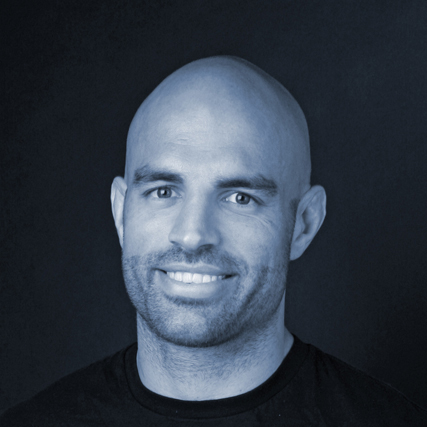While there is wide public awareness, even an aversion, to both fat and carbs, protein has generally enjoyed the reputation of being a great food, especially among the gym-going population. Frequently, people who are training believe they need to load up on protein in order to both gain muscle mass, and speed up recovery. What they probably don’t realise is they are eating too much of it and that, depending on the sources, it could be detrimental to their health, or simply a waste of money.
When I took up triathlon I started drinking recovery drinks every time I exercised, regardless of the length or intensity, because I feared my pescatarian diet was inadequate. I now realise this was unnecessary and actually led to weight gain. Half a tin of tuna along with the milk I have on cereal was more than enough to support my training. How many other gym goers are making the same mistake? And although protein shakes are a great source of secondary income for gyms, are they being sold to people who don’t need them?
The Game Changers film is illuminating, dispelling the protein myth and showing what elite athletes can achieve without animal protein in their diet. There is a serious side to this debate: as there is growing evidence to show that animal protein can lead to kidney disease, cancer and osteoporosis, operators need to be very careful about the recommendations they are making.




























































